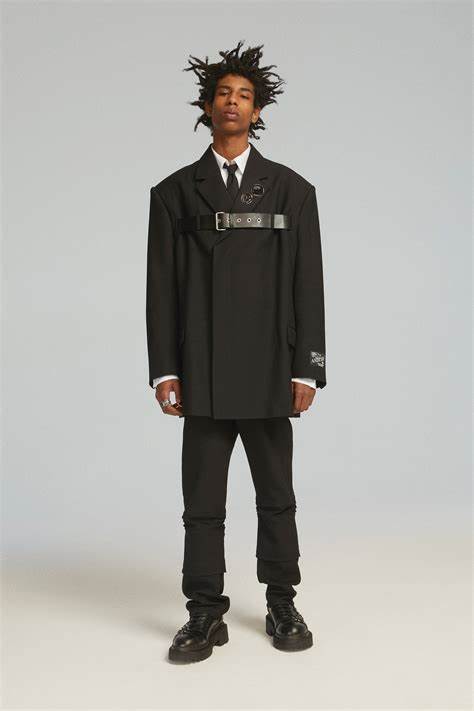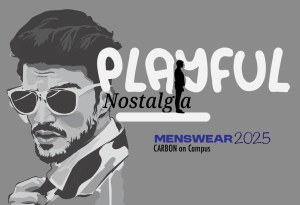Corp-lore: Gen Z aren’t lazy, they’ve just had enough
Girlbossing is out, lazy girl jobs are in.
Girlbossing is out, lazy girl jobs are in. Post-pandemic where many have been called back into the office, workforces are becoming increasingly contemptuous. The cost of living crisis, the reality that without generational wealth you’ll never escape the rental market, and poor work-life balances are just a few of the reasons why our current model of exploitation, sorry, corporate culture, is becoming increasingly unfavourable.
Bare Minimum Mondays, Quiet Quitting and Lazy Girl Jobs are just a few of the terms Gen Z & Millennials coined in their anti-work rhetoric – a movement in the creative industry which has niw been coined Corp-lore. As an individualistic act of rebellion, many have quit their gruelling and unrewarding day jobs for something a little more lax. Answering a few phone calls a day as a sort of big-girl-job cosplay is naturally becoming more favourable, if a little boring, than the intense and stressful roles commonplace in many corporate structures.
Since the rise of social media, we have had widespread access to a plethora of information and political ideologies than ever before. The reality is, young people are wising up to the fact that our current model of Capitalism is by no means sustainable to anyone other than the 1%. Previously, drip-fed traditional media was able to shape the identities of young adults leading them to believe in ideas such as the American dream: with enough hard work, you’d have social mobility. A rhetoric which simply isn’t true, esepcially today. Unless you have generational wealth or are one of the few lucky ones who are ‘self-made’, you can’t afford a house, you can’t afford the rent prices of areas with better job opportunities and you can scarcely afford day-to-day living expenses.
The lazy girl job has become an act of self-preservation, prioritising your mental health and well-being over systemic change in the workplace, which is one of the key issues with the anti-work movement. With protest laws being tightened and austerity meaning that 2 in 5 people are having to choose between heating or eating, naturally people are scared. This has led to people acting out of instinct to help themselves and their families get by, rather than push for widespread change. This has helped fuel the commodification of anti-work allowing companies to profit from it as a trend.
Such as when the liberal feminist phrase ‘girlboss’ was printed on sweatshop-produced t-shirts across the high street, and ‘eat the rich’ became a phrase used by companies as a faux self-awareness marketing ploy, anti-work will too be discussed in marketing briefs as the latest way to relate to younger audiences. Corp-lore is fueling visuals in the fashion sphere. Trend forecasters, DEATH TO STOCK have described it as “subverting the aesthetics and customs of 9-to-5 jobs with a sense of irony and detachment.” On the runway, where we can see slightly more anti-capitalist themes as led by independent designers, the hustle mindset is mocked via playful renditions of officewear such as harnessed blazers seen in both Ambush FW23, and Latimmier’s SS24 – who’s entire collection was an absurdist take on the American businessman archetype (read Carbon’s review of the collection here). Whilst in mainstream media we’re seeing satirical takes on office culture such as in Barbie as portrayed by Will Ferrel who plays the CEO of Mattel, and the upcoming musical by A24 ‘Dicks: The Musical’.

Whilst we have been offered glimpses of hope such as with the 4-day week trial that started last year, we are still very much facing the reality of an unrelenting corporate structure offering very little payoff for the work provided. Whether Gen Z’s changing attitude will actually implement systemic change or if this mindset will be pacified by HR sectors across the globe is unknown as of yet, for now, we can at least enjoy poking fun at finance bros.
By Rosa Macvicar







